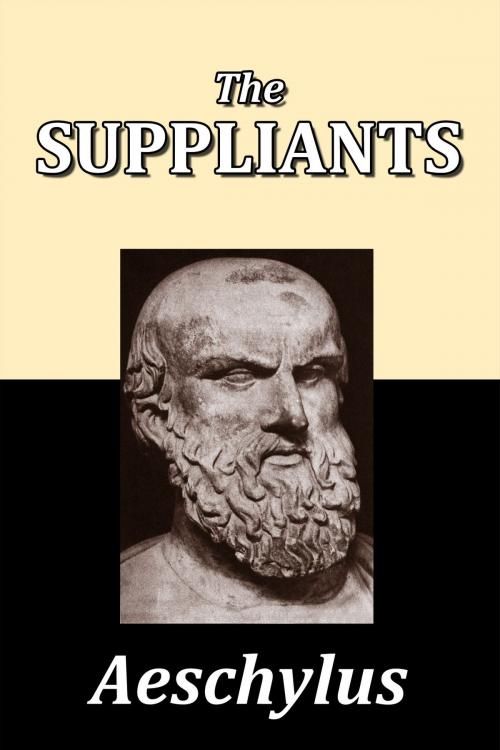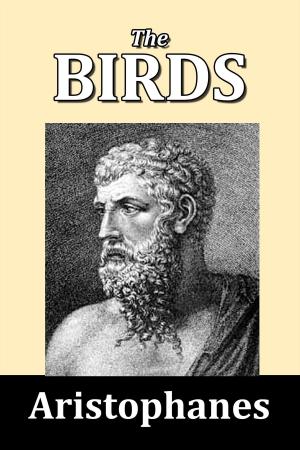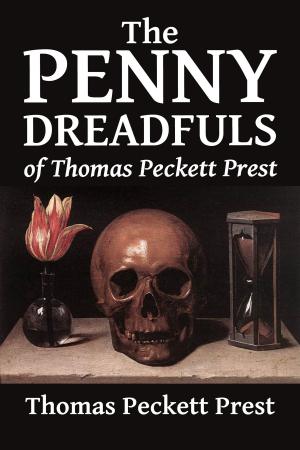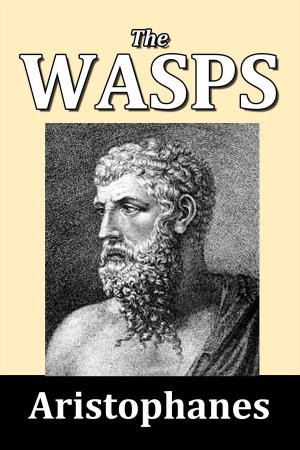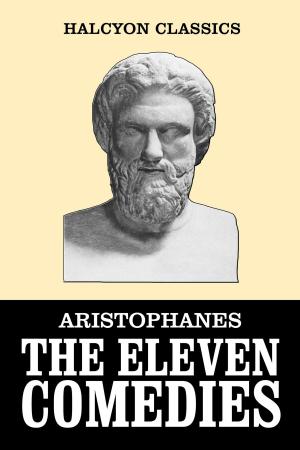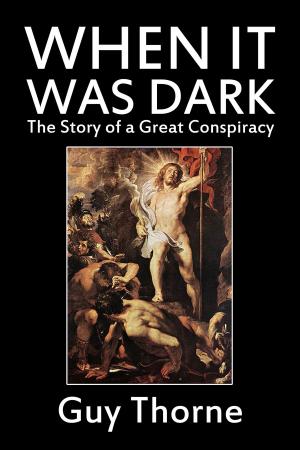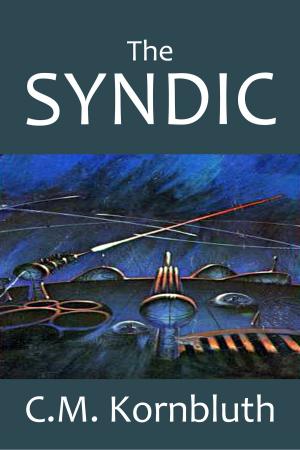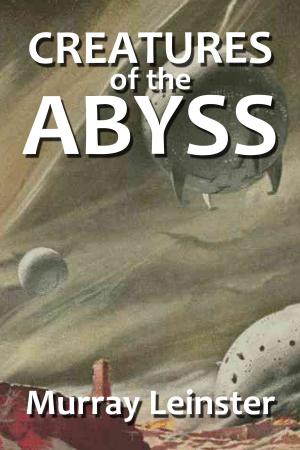| Author: | Aeschylus | ISBN: | 1230000127393 |
| Publisher: | Halcyon Press Ltd. | Publication: | April 24, 2013 |
| Imprint: | Language: | English |
| Author: | Aeschylus |
| ISBN: | 1230000127393 |
| Publisher: | Halcyon Press Ltd. |
| Publication: | April 24, 2013 |
| Imprint: | |
| Language: | English |
Io, the daughter of Inachus, King of Argos, was beloved of Zeus. But Hera was jealous of that love, and by her ill will was Io given over to frenzy, and her body took the semblance of a heifer: and Argus, a many-eyed herdsman, was set by Hera to watch Io whithersoever she strayed. Yet, in despite of Argus, did Zeus draw nigh unto her in the shape of a bull. And by the will of Zeus and the craft of Hermes was Argus slain. Then Io was driven over far lands and seas by her madness, and came at length to the land of Egypt. There was she restored to herself by a touch of the hand of Zeus, and bare a child called Epaphus. And from Epaphus sprang Libya, and from Libya, Belus; and from Belus, Aegyptus and Danaus. And the sons of Aegyptus willed to take the daughters of Danaus in marriage. But the maidens held such wedlock in horror, and fled with their father over the sea to Argos; and the king and citizens of Argos gave them shelter and protection from their pursuers.
Aeschylus (c. 524 BC – c. 455 BC) was the first of the three ancient Greek tragedians whose work has survived, the others being Sophocles and Euripides, and is often recognized as the father of tragedy. He was born at Eleusis, near Athens, the son of Euphorion. Before he was twenty-five he began to compete for the tragic prize, but did not win a victory for twelve years. He spent two periods of years in Sicily, where he died in 456, killed, it is said, by a tortoise which an eagle dropped on his head. Though a professional writer, he did his share of fighting for his country, and is reported to have taken part in the battles of Marathon, Salamis, and Plataea. Of the seventy or eighty plays which he is said to have written, only seven survive, and the authorship of PROMOTHEUS BOUND is disputed.
Io, the daughter of Inachus, King of Argos, was beloved of Zeus. But Hera was jealous of that love, and by her ill will was Io given over to frenzy, and her body took the semblance of a heifer: and Argus, a many-eyed herdsman, was set by Hera to watch Io whithersoever she strayed. Yet, in despite of Argus, did Zeus draw nigh unto her in the shape of a bull. And by the will of Zeus and the craft of Hermes was Argus slain. Then Io was driven over far lands and seas by her madness, and came at length to the land of Egypt. There was she restored to herself by a touch of the hand of Zeus, and bare a child called Epaphus. And from Epaphus sprang Libya, and from Libya, Belus; and from Belus, Aegyptus and Danaus. And the sons of Aegyptus willed to take the daughters of Danaus in marriage. But the maidens held such wedlock in horror, and fled with their father over the sea to Argos; and the king and citizens of Argos gave them shelter and protection from their pursuers.
Aeschylus (c. 524 BC – c. 455 BC) was the first of the three ancient Greek tragedians whose work has survived, the others being Sophocles and Euripides, and is often recognized as the father of tragedy. He was born at Eleusis, near Athens, the son of Euphorion. Before he was twenty-five he began to compete for the tragic prize, but did not win a victory for twelve years. He spent two periods of years in Sicily, where he died in 456, killed, it is said, by a tortoise which an eagle dropped on his head. Though a professional writer, he did his share of fighting for his country, and is reported to have taken part in the battles of Marathon, Salamis, and Plataea. Of the seventy or eighty plays which he is said to have written, only seven survive, and the authorship of PROMOTHEUS BOUND is disputed.
